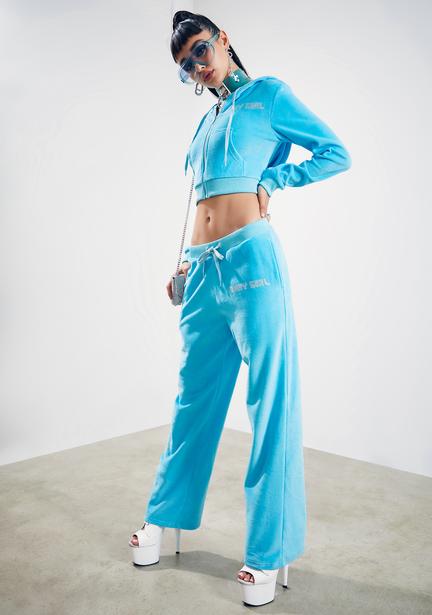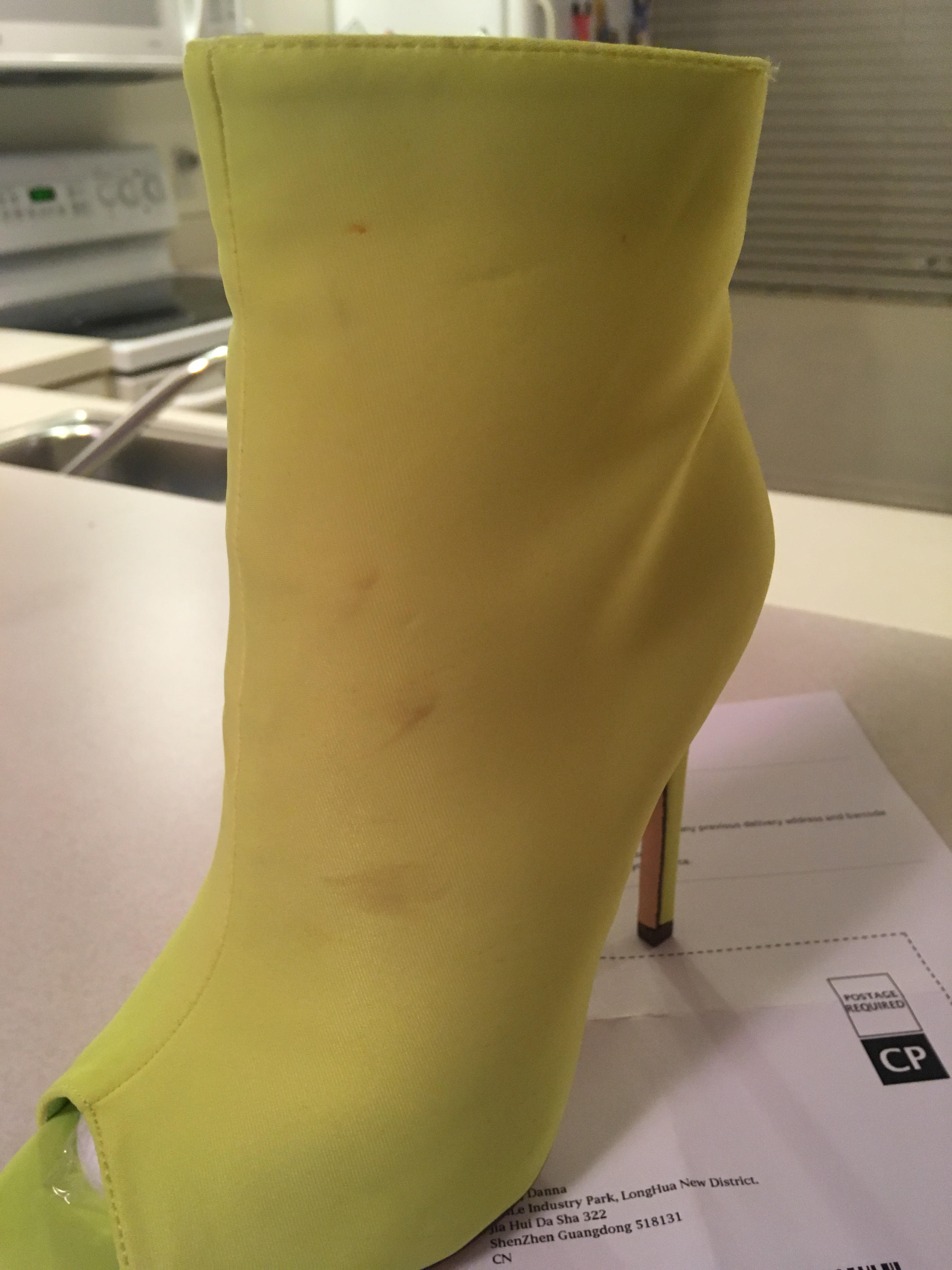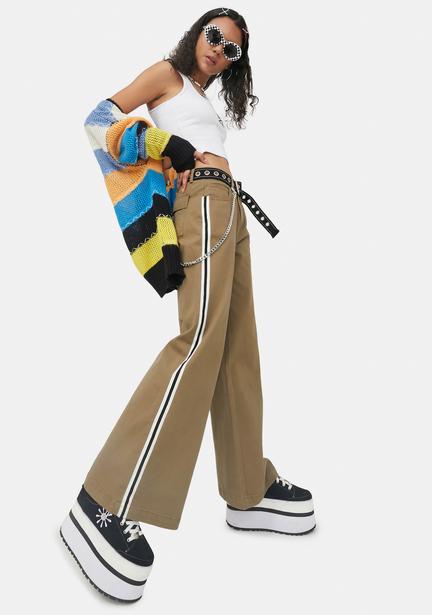

“All those small vendors and artists are rarely if ever afforded a backstory or explanation,” Higgins says. A buyer herself, she knew that if she didn’t use her resources to get answers, Orchard would never find out why her shirt was replicated. Orchard’s friend, Keeley Higgins, made a comment about the shirt on Dolls Kill’s Instagram page, but she was blocked. On the right, a similar design sold by Dolls Kill. On the left, a T-shirt created by independent designer Nicole Orchard. To compete, Orchard had to sell and print her shirts for a cheaper rate than what Dolls Kill was offering just to “put food in my mouth that month.” The T-shirt accidentally got lost in the mix, and she found out that Dolls Kill’s design director plucked it off the rack. Then she realized that she didn’t even have it anymore.Ībout two months prior, Orchard cleaned out her closet and sold a pile of clothes to Squaresville, a local second-hand store in Los Angeles. She racked her brain, trying to figure out how the company could have possibly seen her shirt. It’s even weirder because I hand-cut those letters,” she says.Īt the time, Orchard was small-fry - she only had about 500 followers on Instagram. One Los Angeles-based artist featured on the page, Nicole Orchard, was in disbelief when she saw Current Mood, Dolls Kill’s in-house brand, selling a product identical to her DIY T-shirt.

Dolls kill returns archive#
Complaints have become so widespread that Instagram accounts like DollsKillSucks archive photos of designs that were allegedly stolen by the company. When contacted by SFGATE, Dolls Kill responded by citing their design theft review process, but artists have also accused the company of stealing their work for years. Shortly after, she says they blocked her on social media.įor many independent designers, Hollis’ story is a familiar one. She filed a complaint via Dolls Kill’s website - which promises to investigate each claim of a copied design - but only received an automated message. “People were like, you should sue and reach out to lawyers, and I did, but when it became too involved I just completely stepped back because it was more important to spend time with my baby girl,” she says.

On the left, a onesie created by designer Jamie Hollis. Later, Hollis says they used the same base pattern for a pastel-pink flamingo costume, as well as a forest green reptile outfit. “I saw this on Dolls Kill and they totally ripped off your design,” it read, followed by a link to a product that looked nearly identical to her “Max” costume. But about a year later - and just moments after giving birth to her second child in the hospital - a friend sent her a concerned message. In return, Hollis would receive $350 dollars and exposure via Lynn’s personal social media page (Hollis shared correspondence with SFGATE substantiating this).Īfter pulling an all-nighter and rushing the costume to Lynn, she got what she was promised. The two struck up a conversation on the peer-to-peer marketplace in 2015 when Lynn spotted Hollis’s “Max” costume inspired by “Where the Wild Things Are.” With Halloween just around the corner, Lynn asked Hollis if she could overnight her a custom design.
Dolls kill returns series#
As Dolls Kill grew, the brand drew viral attention for more than just its designs, with controversies surrounding the sale of a “ Prehistoric Princess Costume” that fetishized Native American culture, a “ Goth is White” T-shirt and a tone deaf social media post by Lynn during the racial unrest of the summer of 2020, which led Dolls Kill to commit to purchasing $1 million worth of products from Black-owned businesses and donating 100% of profits to community organizations.ĭespite those controversies, the San Francisco fashion startup has amassed more than three million Instagram followers and accrued more than $60 million in Series B funding - and suddenly, its leader was interested in Hollis, an Arizona-based seamstress with no more than an Etsy shop to her name. The company, which was initially a “viral” brand that existed on social media and exclusively sold fox tail keychains, rapidly gained an audience when Lynn talked about it to her fans during her DJ sets.


 0 kommentar(er)
0 kommentar(er)
